
Directors of El Faro (El Salvador) and Confidencial (Nicaragua) pointed to risk assessment, complete trust between editors and reporters, legal defense and psychological support as fundamental elements to preserve the well-being and safety of their teams in the face of harassment, threats and criminalization.
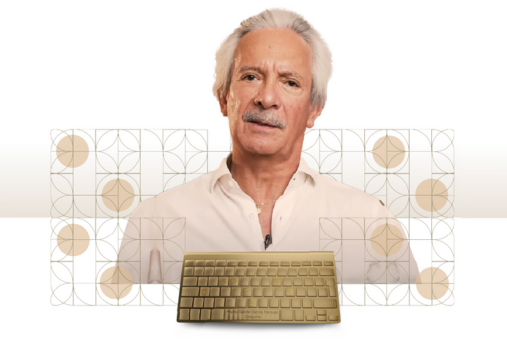
The Governing Council of the Gabo Foundation recognized Guatemalan journalist José Rubén Zamora with its 2024 Recognition of Journalistic Excellence for his more than three decades work revealing corruption and abuses of power in his country. Zamora has been in prison for more than 650 days in connection with multiple controversial judicial proceedings.
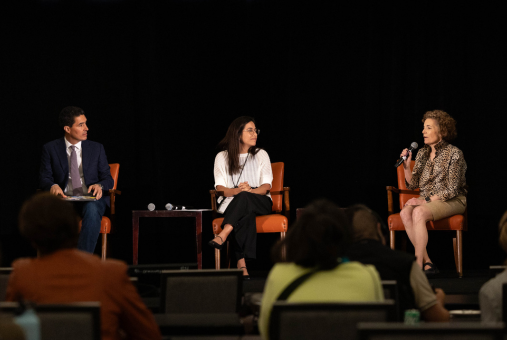
As part of closing remarks at the 25th International Symposium on Online Journalism, Romina Mella and José Zamora shed light on legal cases and jail time facing their colleague in Peru and father in Guatemala, respectively. ISOJ participants were called on to support these two renowned journalists.
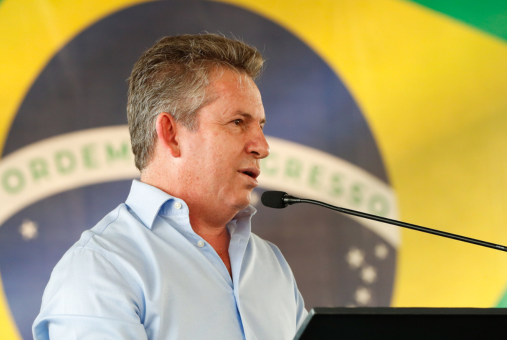
Eighteen journalists in Brazil face legal cases after publishing about the state governor of Mato Grosso, Mauro Mendes. They argue that the police and judicial apparatus of the state is being used to silence voices that publish information unfavorable to the governor.
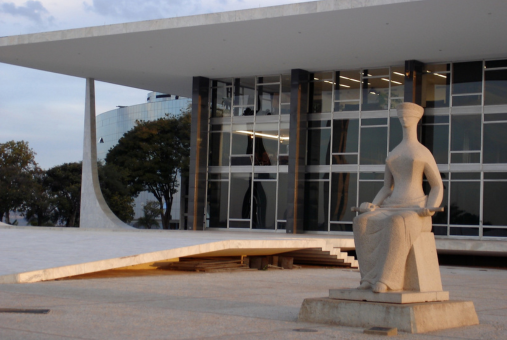
Brazil’s Supreme Federal Court ruled in November that, when a media outlet publishes an interview that contains false information, legal responsibility for that information may fall on the outlet. In a country with a lack of legislation on the issue and where judicial harassment of journalists is growing, the decision worries experts.
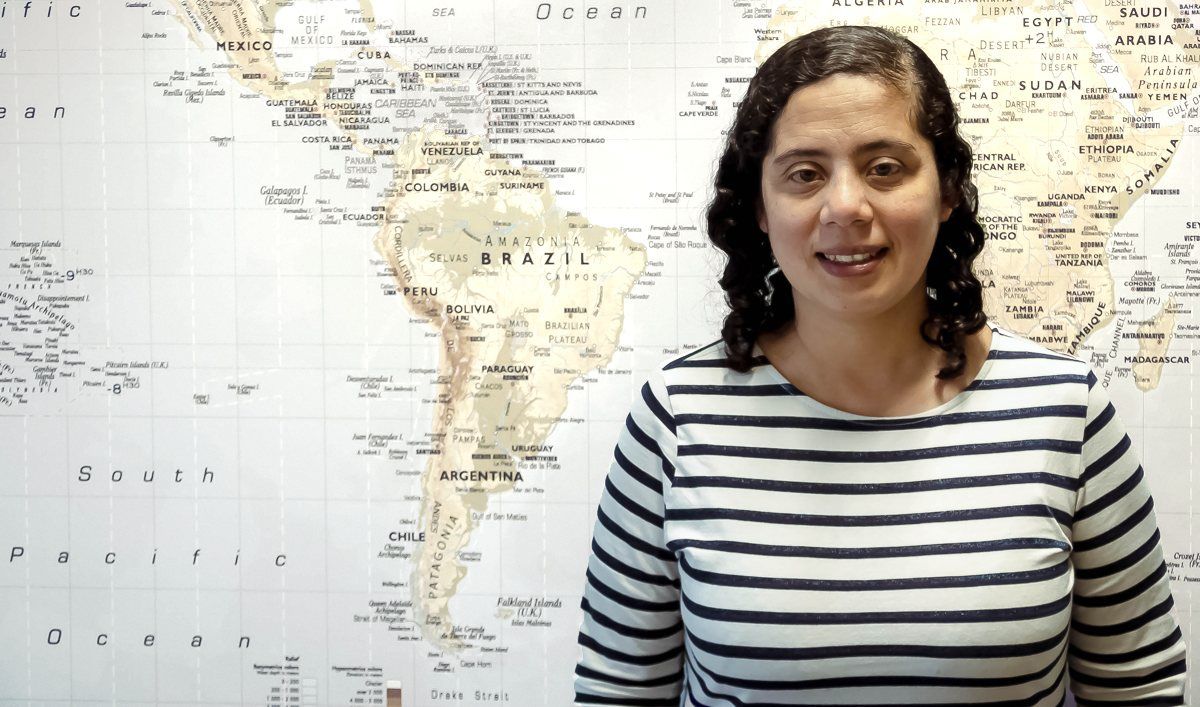
The president of the National Association of Journalists of Peru, Zuliana Lainez, talked about the current situation of independent journalism in Latin America, the persistent judicial harassment against the press, and the current crisis of confidence in the media in Peru.
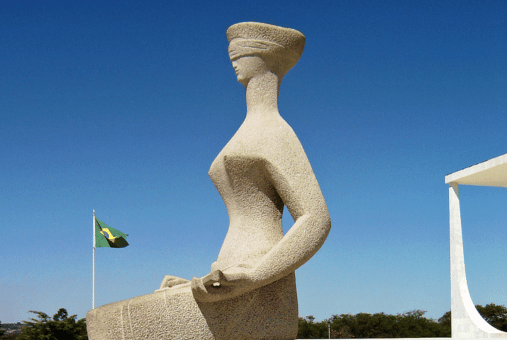
In recent months, press freedom has faced a wave of judicial censorship in Brazil, with stories taken down, magazines recalled from newsstands and a documentary banned. These court rulings are in conflict with the Constitution, which experts say favors freedom of information, and prompt discussions about the need for new laws to protect journalists.
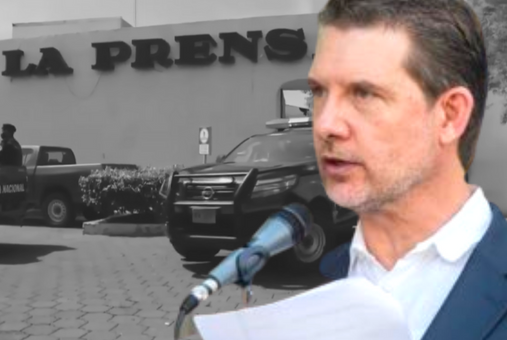
Juan Lorenzo Holmann, former general manager of the newspaper La Prensa, is convinced that the newspaper, which is under siege by Daniel Ortega's regime, will rise up as it has done at other times in its history. He also hopes to be reunited with his wife in Nicaragua, from where he was deported to the United States along with more than 200 political prisoners.
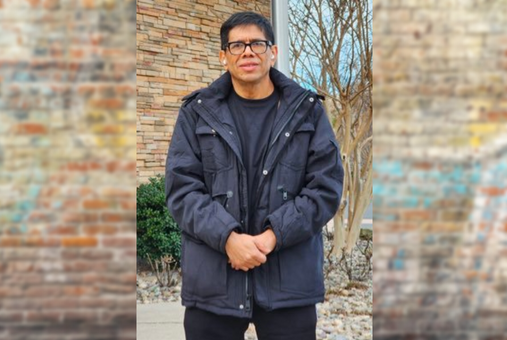
Miguel Ángel Mendoza Urbina became a go-to source of information on social media on April 19, 2018, when anti-government protests erupted in Nicaragua. Mendoza’s work led to his arrest on June 21, 2021. Less than two years later, on Feb. 9, 2023, Mendoza was among 222 political prisoners unexpectedly released by Nicaraguan authorities and deported to the United States.
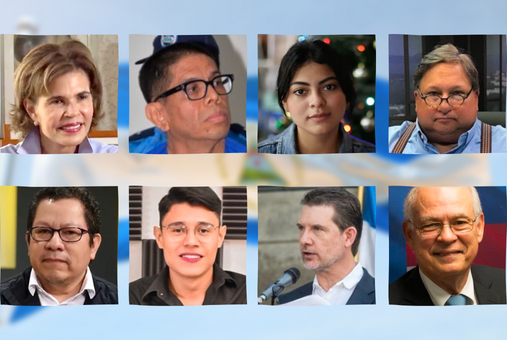
At least eight journalists, media entrepreneurs and journalism students were among the 222 political prisoners released and exiled to the United States, while Daniel Ortega's regime threatens to strip away their citizenship and rights as Nicaraguans.